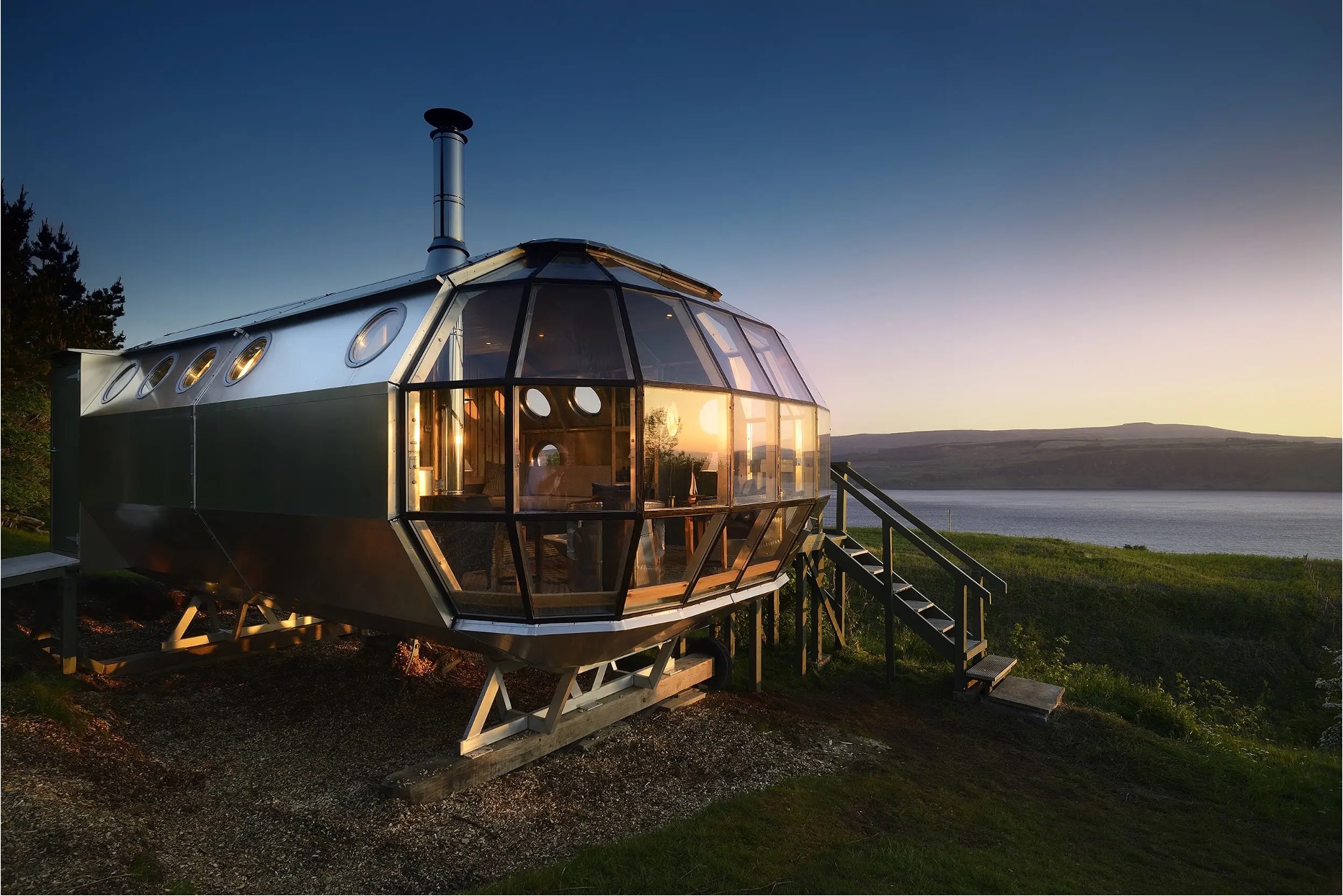

The choice of accommodation has always been a key consideration in one’s travel experience. The hospitality and hotel industry, which originated from lodging services, have since evolved into this enormous, holistic, branded universe. In this issue of Labbrand Spotlight from Singapore, we examine why Alternative Hospitality or Alternative Accommodation are increasingly appealing to today’s travellers, their strengths and challenges compared to traditional hotel chains, and what it means for traditional hotel brands to evolve into in the future.
And the growing needs for non-traditional hotels
The Pandemic Enhances the Alternative Accommodation Boom: The Alternative Accommodation sector has been growing steadily before the pandemic; in 2021, the sector took a 20% share of the $300 billion global lodging revenue. They were originally designed to provide cost-effective options for cash-strapped leisure travellers. What Covid-19 had enabled was a heightened need for personal wellbeing, development, and fulfilment from experiences – experiences that blend all aspects of lives together, with fewer constraints on scheduling and locations. And through this collective pandemic experience, it also birthed the awareness of our own sense of mortality and ageing, urging people to seek out a higher quality of life and more experiential travel journeys without compromises.
Alternative Accommodation invites travellers to merge their work with play, live and stay. It encourages a space for autonomy and flexibility to realize something traditional hotels have yet to fully catch up on.
The Strengths and USPs of Alternative Accommodation
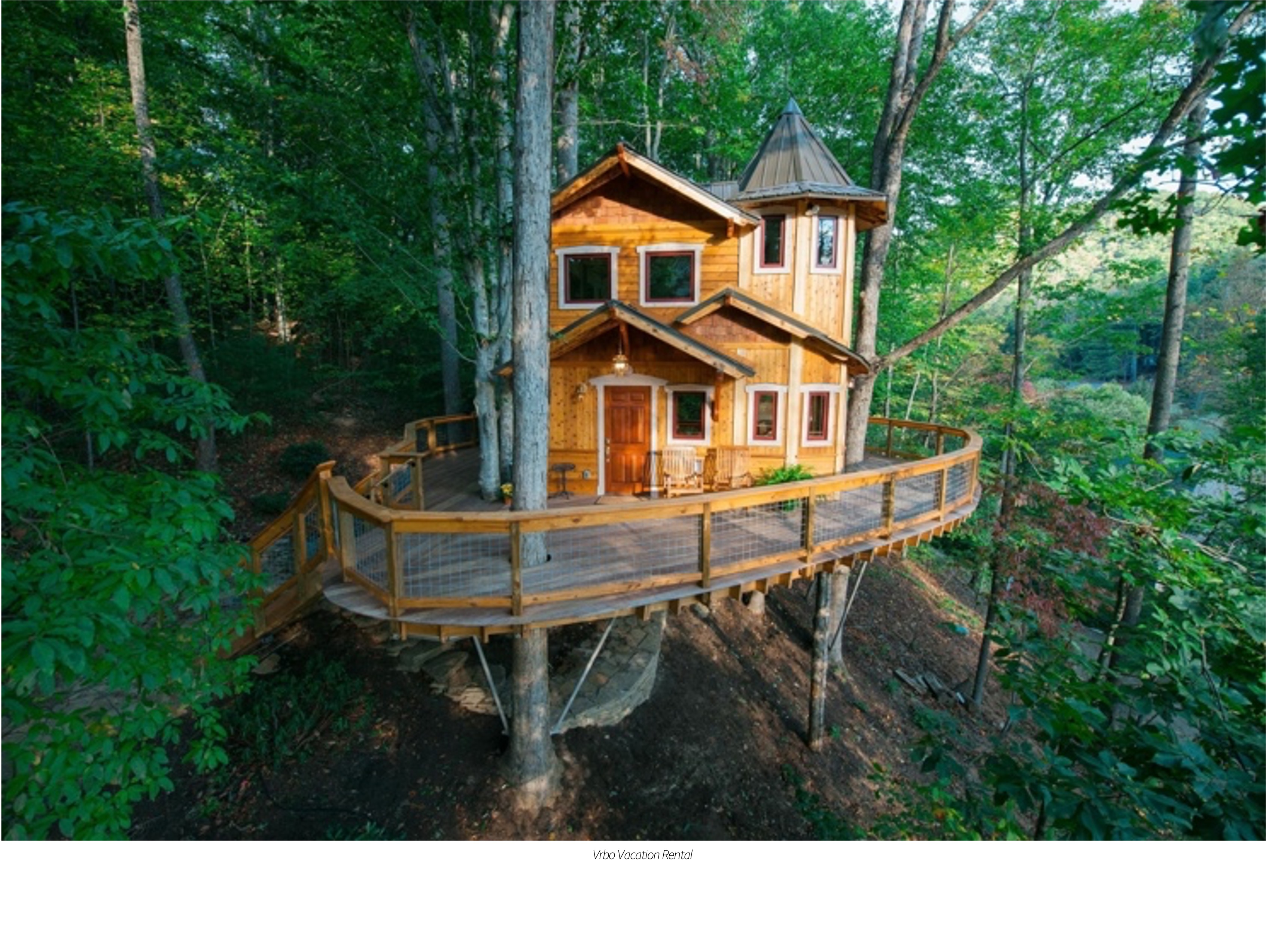
Alternative Accommodation has diverged into many sub-sectors beyond Short-Term Rental (STR) and well-known Customer-to-Customer (C2C) distribution platforms (ex. Airbnb, Expedia/Vrbo). From branded home property managers (ex. Vacasa, Avant Stay), to branded multi-housing alternatives such as aparthotels and service apartments (ex. Zeus, Sentral, Edyn), to membership programs for global stay (ex. Soho House, Inspirato) and shared co-living (ex. Generator, Freehand, Found), they provide travellers a vast pool of options for their ever-complex travel needs, with property types such as villas, cabins, farmhouse, homestays, as well as yacht rental, mills, boats, chalets, and camper vans.
These non-traditional hotel models charter into unexpected staying experiences, beyond a standardized room with industry standard amenities and services – but offer refreshing ways to look at the world from what the travellers have already experienced, to transcend past self and go on adventures.
Adventurous, Awe-Inspiring, Authentic Experience: The experience economy has led travel to go beyond luxury decadence, but instead be filled with authentic and truthful experiences. No longer in high demand are the standardised rooms and services in typical hotels; the serendipitous encounter in Alternative Accommodation lets guests immerse in the rawness of local cultures, serving as adventurous surprises that add flavours to life.
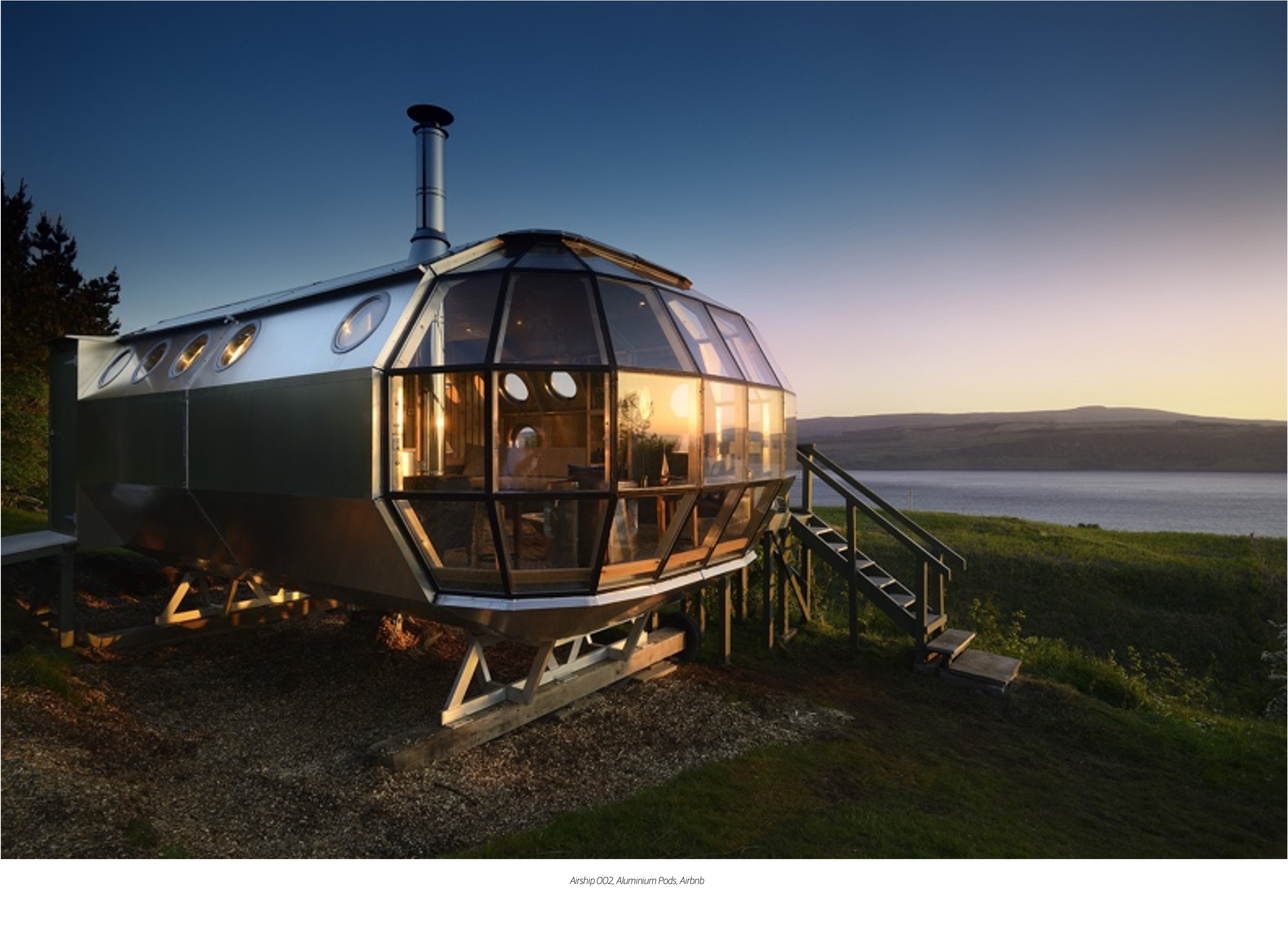
Diverse Range of Property Types and Unique Locations: The uniqueness and diversity of property range and locations are the edge that Alternative Accommodation provides for travel, injecting different personalities to travellers’ every stay. And it is the distinct, design-centric properties that today’s travellers, especially young travellers, are craving for – not only to experience ‘a home away from home’, but to prioritize the curated, unforgettable experiences. The ability to access these distinct properties, thus experiences, is also part of the expression of their individuality, something traditional hotels has yet to make prevalent.
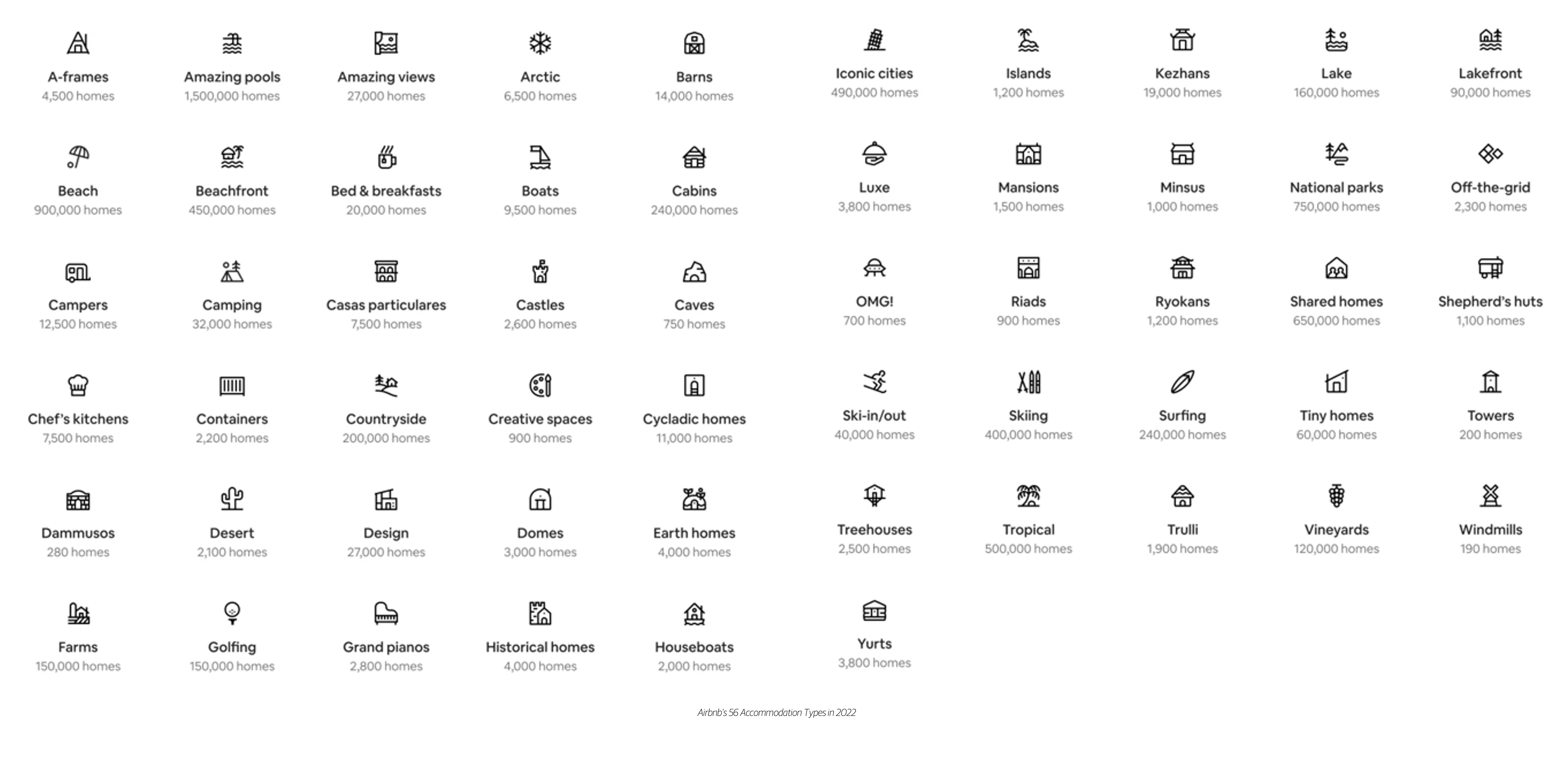
Business Models with Greater Flexibility: The Alternative Accommodation sector granted brands the flexibility to play in the hospitality club, and tailor their USPs for specific social phenomenon. In previous editions of Labbrand Spotlight, we featured outstanding alternative hospitality brands, each with its own unique business models, positioning and value propositions to challenge the traditional hotelier, whether it be the sustainable cabin Raus(see our Sustainability newsletter here), digital-free off-the-grid lodging Unplugged. (see our Wellness newsletter here), short-term subscription-based STR Selina, and co-working spaces WOJO that cheers on guests’ personal and professional development (see our Blended Travel newsletter here). And increasingly, new brands are challenging the hospitality status quo with ever innovative services (see below, Camper Van brand, Cabana).
Fit for Blended Trips, Hybrid Lives: The shift in people’s attitudes towards wellbeing, relationship with others and personal development means all aspects of lives are now merging together. Travellers want to experience everything without the constraints of traditional hotel experiences. Alternative Accommodation offers guests the flexibility to live, work and play. And for longer, multiple-stop trips, it gives them more flexibility, more space and privacy (especially for large groups), and more empowerment to live life to the fullest, and on their terms
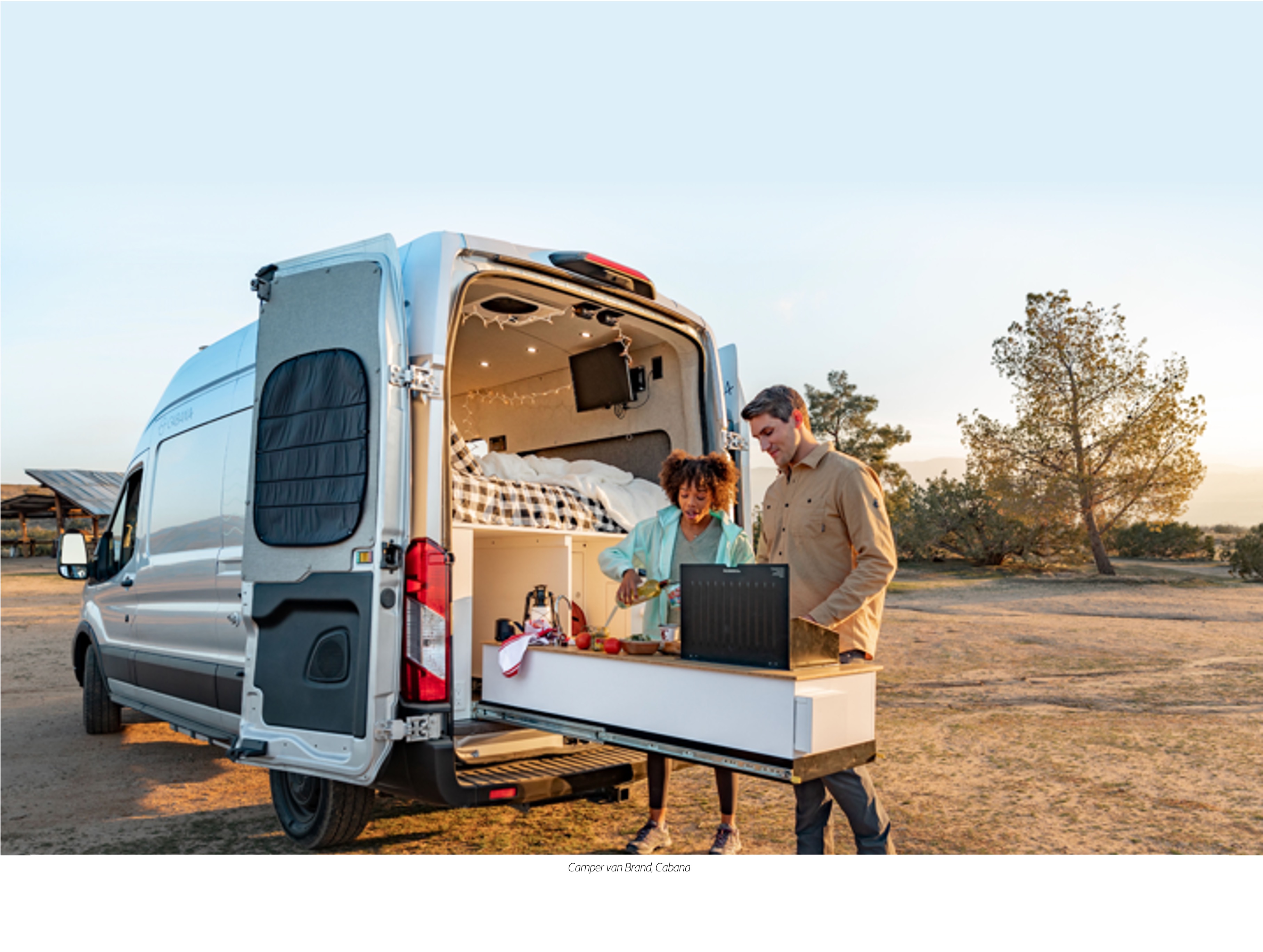
Cost-efficient for Many: Blended trips also mean business travellers are increasingly extending business trips for leisure to spend more time with family and friends. For larger groups with longer travel times, traditional hotels may not offer attractive, cost-effective options and deals for the entire group. The lowered cost also allows previously underrepresented groups to travel more; they may choose longer road trips (e.g., camper van rental) instead of flying, ‘house-sitting’ or ’homestay’ instead of finding hotels. It grants them different access to the authentic experiences they desire.
And Where Traditional Hotels Can Thrive
The key hurdles for Alternative Accommodation, apart from safety, hygiene, and threat to housing inventory in metropolitan cities, lie within how the sector is defined. Traditional hotel brands have expanded their brand universe beyond lodging, which means the services and the rest of the travel journeys are left un-molded by Alternative Accommodation. And here is where traditional hotel brands can thrive.
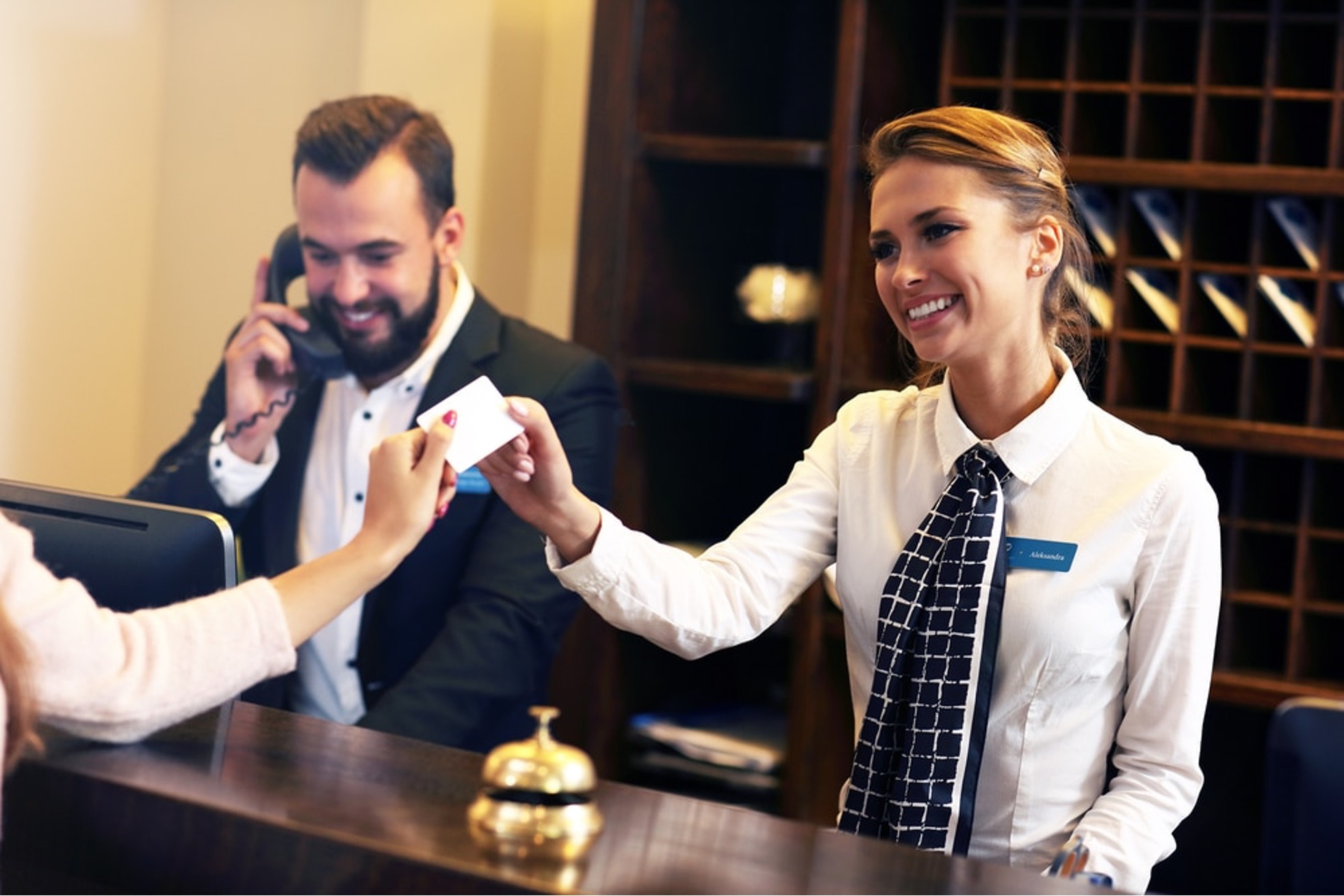
Accommodation is a Single Touchpoint in the Entire Experience Journey: The current Alternative Accommodation sector builds on the uniqueness of the locations and properties, allowing the guests themselves to explore and create their own travel experiences. In a way, the hospitality aspect rests entirely on the single ‘hardware’ touchpoint – the lodging, though some also lack the provision of comprehensive facilities and amenities. And the absence of operational services, such as laundry, Food & Beverage choices, housekeeping and on-demand service, i.e., the ‘software’, limits its overall potential. Therefore, the ‘before’, ‘during’, and ‘after’ of travel journeys are pockets where traditional hotels can continue to thrive in.
Experiences Less Branded, Less Human-centric: The hotel design and sophisticated service staff themselves tell stories about the brand and create a branded universe. These touchpoints act as the ambassadors for brand value and commitment for their guests. Guests will not only receive services that are personalized to their needs, but also the service experiences that are designed to exceed their expectations as well. Whereas the experiences of Alternative Accommodation do not always involve human touch and storytelling; there is often a lack of on-site and on-demand support for the travellers. Traditional hotels should therefore fully embrace their own magic – the human-centric, personalized relationship they build with their customers, which is the essence of the hospitality industry.
Serendipity Can Be Inconsistent and Standard Can Be Reassuring: Although there is serendipity in selecting alternative accommodations, it can also backfire into unpredictability and inconsistency. The standardization of traditional hotel chains provides a safe harbour for the guests where unexpected situations are well-thought of and prepared for, assuring them a care-free stay with peace of mind. Meanwhile, in alternative lodging, travellers need to be self-reliant to search for quality-assured stays and prepared for the unexpected.
The traditional hotel chains and parent brands such as IHG, Hyatt, Hilton, Marriott have been gradually branching their portfolios to respond to this shift. Some created lifestyle boutiques brands; others added high-end service apartment brands and co-working spaces to create a diverse brand architecture. But they also need to be more flexible and creative in their broader experience offerings along with competitive pricing, as well as an expansion of the brand portfolio or elevating their positioning.
In a study by JLL on the future of Alternative Accommodation, it argues that the Alternative Accommodation sector needs to be rebranded as it matures into a structure akin to the traditional lodging industry. As Alternative Accommodation becomes increasingly mainstream, soon these industry disruptors will not be named as ‘alternative’ anymore. Traditional hotel brands should no longer consider how to ‘weather the storm’, but more importantly, how to ‘join the storm’.
ABOUT LABBRAND
Want to learn more about the ways in which your hospitality brands can rise to the challenges posed by alternative hospitality? Follow us on LinkedIn https://www.linkedin.com/company/labbrand/ and Instagram @labbrand_global , or visit our website: https://test.en.labbrand.comma.news/
Sources:
A Labbrand Group Company © 2005-2024 Labbrand All rights reserved
沪ICP备17001253号-3To improve your experience, we use cookies to provide social media features, offer you content that targets your particular interests, and analyse the performance of our advertising campaigns. By clicking on “Accept” you consent to all cookies. You also have the option to click “Reject” to limit the use of certain types of cookies. Please be aware that rejecting cookies may affect your website browsing experience and limit the use of some personalised features.